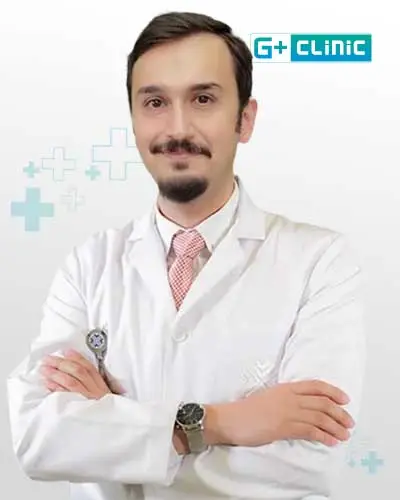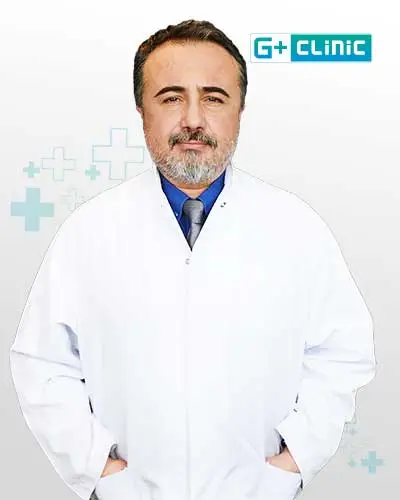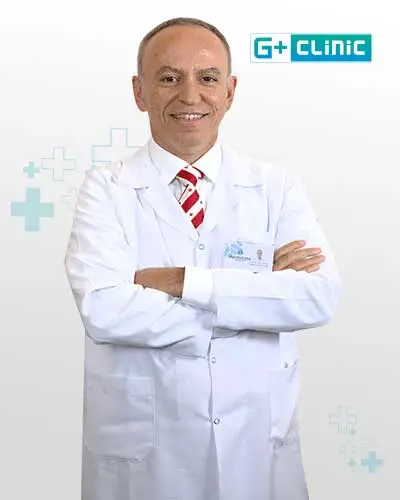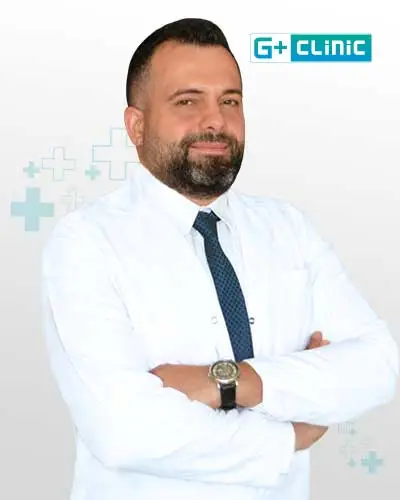Heart Valve Surgery
Introduction
Heart valve surgery is a vital medical procedure designed to address heart valve disease, a condition affecting at least one of the four critical valves that regulate blood flow within the heart. We’ll explore what heart valve surgery entails, and how it can ultimately improve quality of life for those affected by heart valve disease.

Overview
Heart valve surgery is a procedure aimed at repairing or replacing damaged heart valves. These valves regulate blood flow within the heart, and when they malfunction, they can lead to serious health issues.
During the surgery, a surgeon either fixes the existing valve to restore its function or replaces it with a mechanical or biological valve. Patients may undergo this surgery to alleviate symptoms such as breathlessness, fatigue, and irregular heartbeats.
Benefits of heart valve surgery
There are several benefits of heart valve surgery, here are some key benefits associated with this surgical procedure :
• Improved blood flow:
Heart valve surgery corrects dysfunctional valves, and it enhances the heart’s ability to pump blood effectively.
• Symptom relief:
Patients often experience relief from symptoms such as shortness of breath, fatigue, and chest pain. These improvements can lead to a more active lifestyle.
• Increased life expectancy:
Successful surgery can extend lifespan for patients with severe valve issues. Early intervention often results in better outcomes.
• Reduced risk of heart complications:
Surgery decreases the chances of complications like heart failure and stroke.
• Better exercise tolerance:
Post-surgery, individuals can typically engage in physical activities more freely. This can aid in maintaining a healthy weight and overall health.

prepare for heart valve surgery
Before having a heart valve surgery, you’ll need to schedule a preoperative appointment with your healthcare provider.They will perform tests and discuss your medical history. It’s also essential to follow dietary guidelines provided by your doctor. You should stop certain medications that could increase surgical risks. Arrange for post-surgery support, as you’ll need someone to help you at home.
steps of heart valve surgery
Heart valve surgery includes the following steps:
Step 1- Anesthesia administration:
The patient receives general anesthesia, allowing them to be unconscious throughout the surgery.
Step 2- Surgical incision:
The surgeon makes an incision, usually in the chest, to access the heart.
Step 3- Valve repair or replacement:
The surgeon examines the heart valves to determine the best approach. So that the damaged valve parts are fixed, allowing for normal function, or the damaged valve is replaced with either a mechanical or biological valve.
Step 4- Closing the incision:
The chest is closed, often using wires or staples to secure the incision. Then the outer layer of the skin is stitched or stapled.

recovery after heart valve surgery
Recovery after heart valve surgery is an important phase in your healing journey. You can generally expect to stay in the hospital for several days, where medical staff will monitor your progress closely.
During this time, it’s crucial to follow your doctor’s instructions regarding medication, diet, and activity level. Once you’re home, focus on rest and gradually increasing your physical activity. Keep track of any unusual symptoms and communicate them with your healthcare provider.
Risks and complications of heart valve surgery
Here’s a list of the most common risks and complications associated with heart valve surgery:
• Infection:
Endocarditis, an infection of the heart lining, is another concern.
• Blood clots:
Formation of blood clots can take place post-surgery. Clots can lead to strokes or pulmonary embolism.
• Arrhythmias:
Abnormal heart rhythms, or arrhythmias, can develop. These may require additional treatment or medication.
• Valve dysfunction:
The new or repaired valve may not work as intended. Patients may need a second surgery.
• Heart failure:
There’s a risk of heart failure after surgery, particularly in older patients. This can result from underlying heart conditions.
• Stroke:
The risk of stroke is present due to various factors. It may occur from blood clots or during the surgery itself.

What is Heart Valve Surgery?
Heart valve surgery is a procedure performed to repair or replace a damaged or diseased heart valve. The heart has four valves that help regulate blood flow. When these valves do not function properly, it can lead to serious health problems.
Why is Heart Valve Surgery Needed?
Heart valve surgery may be needed for several reasons, including:
Stenosis: A narrowing of the valve opening that restricts blood flow.
Regurgitation: A condition where the valve does not close properly, causing blood to leak backward.
Infection: Endocarditis or other infections can damage heart valves.
Congenital Defects: Some individuals are born with heart valve
What are the Types of Heart Valve Surgery?
There are two primary types of heart valve surgery:
Valve Repair: The surgeon fixes the existing valve, which may involve reshaping or replacing parts of the valve.
Valve Replacement: The damaged valve is removed and replaced with either:
A mechanical valve (man-made)
A biological valve (from animal or human tissue)
What Can Patients Expect Before Surgery?
Before surgery, patients can expect:
A thorough medical evaluation including imaging tests, such as echocardiograms.
Discussion of risks and benefits of the surgery.
Instructions on pre-operative care, including medications and dietary restrictions.
What Risks are Associated with Heart Valve Surgery?
Like any surgical procedure, heart valve surgery carries risks such as:
Infection
Blood clots
Valve dysfunction
Arrhythmias (irregular heartbeats)
Results
Heart valve surgery is a medical procedure aimed at repairing or replacing damaged heart valves. Recovery typically involves a hospital stay followed by a period of rehabilitation, with the goal of restoring heart function and improving overall health.

Request Now!
Don't waste your time, discover a new you!
OUR PARTNERS HEALTHCARE PROVIDERS
OUR CONTRACTED HOSPITALS










Our Team
Meet our experts
What can we offer you?
Wide range of medical services
G PLUS CLINIC is renowned for its outstanding medical services, catering to a diverse range of healthcare needs. With a focus on providing comprehensive care and utilizing advanced technologies, the clinic offers a wide array of medical services to ensure the well-being of its patients.
Emergency services
Great facilities
Reliable nursing staff
Affordable prices
A surgeon you can rely on
Hotel visits
Free consultations
Medical translation

G PLUS CLINIC stands out for its exceptional medical services, encompassing specialized consultations, state-of-the-art diagnostics, efficient outpatient care, preventive healthcare, surgical expertise, and advanced rehabilitation services. With a focus on patient well-being and utilizing the latest medical technologies, G+ Clinic ensures a holistic approach to healthcare, making it a reliable choice for individuals seeking comprehensive medical solutions.
Testimonials
Our clients' reviews





















